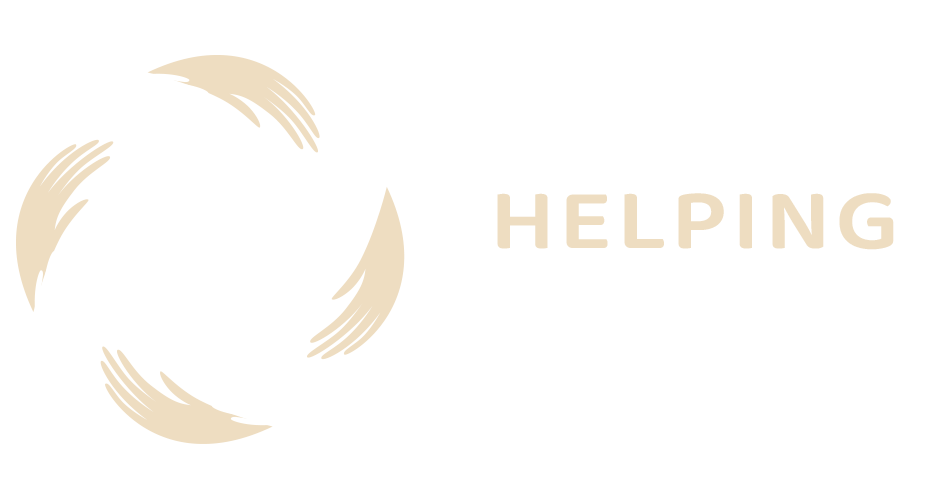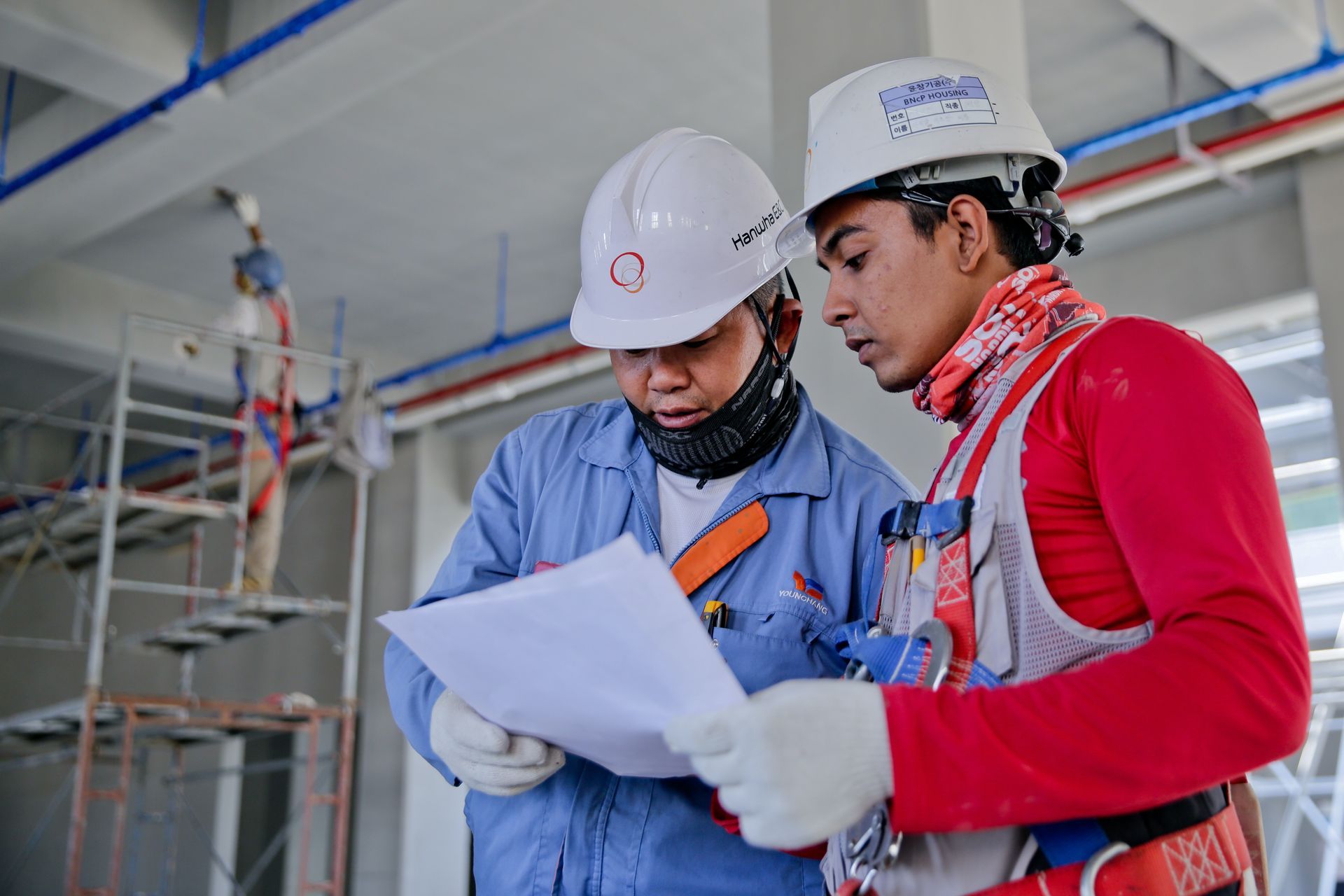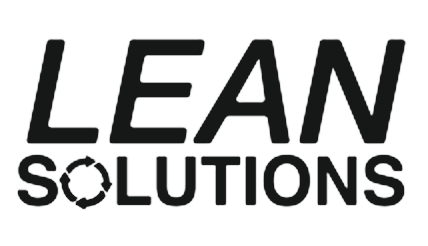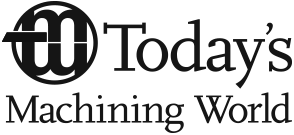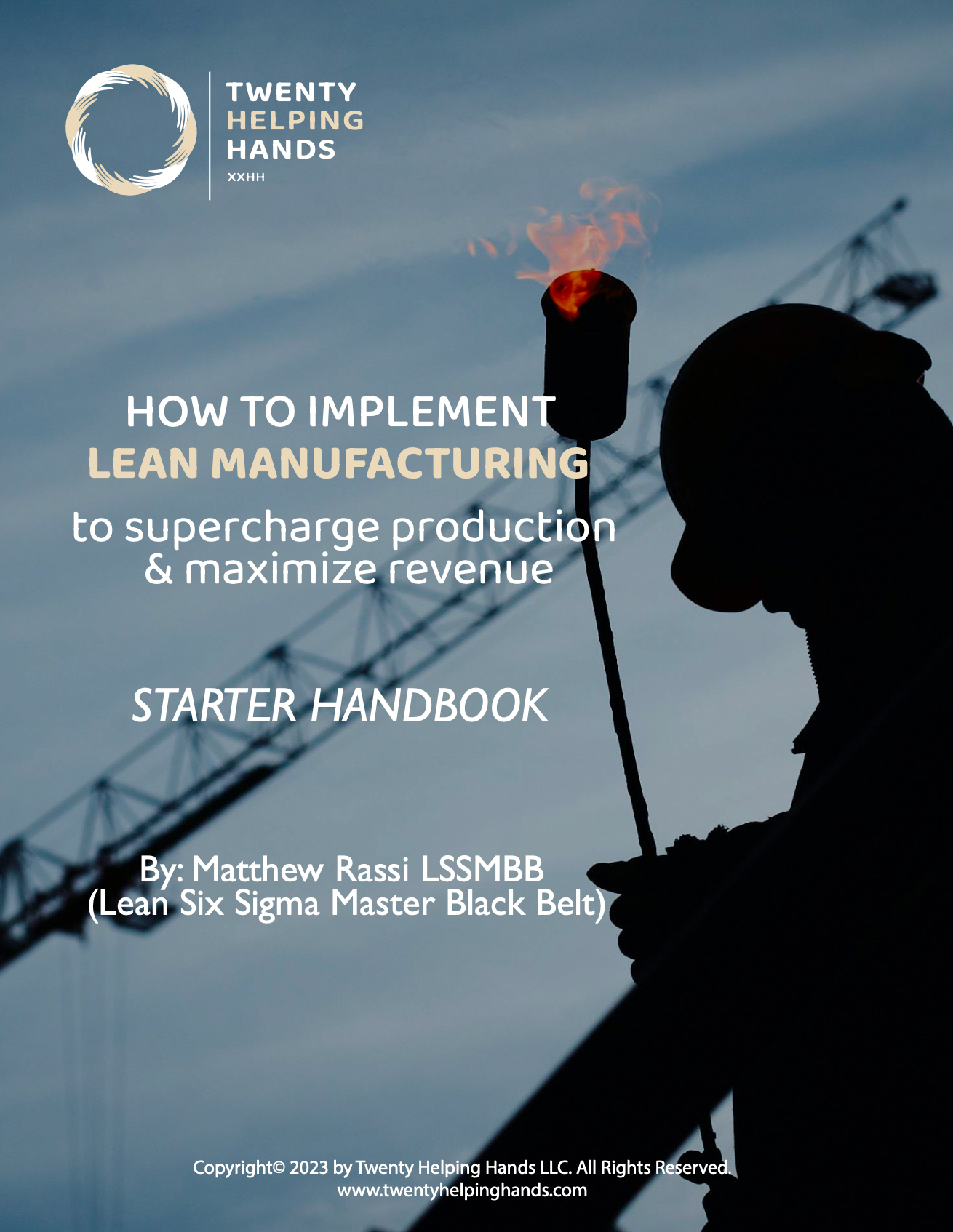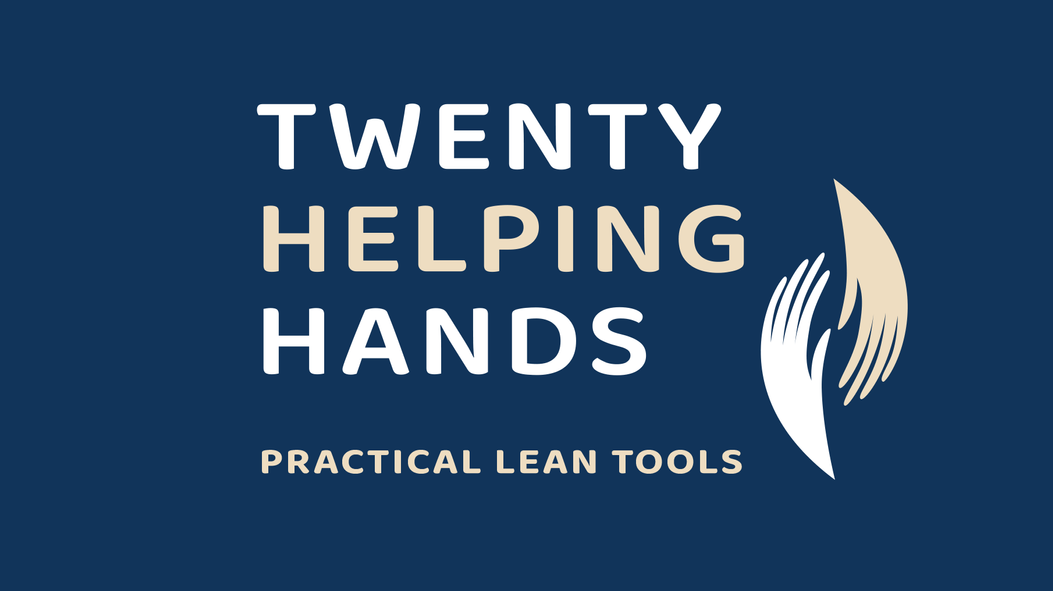While it's no surprise that businesses are constantly seeking a more competitive position in their markets, overseas manufacturing is becoming a growing tactic. While offshore production offers cost advantages, it also presents significant challenges that can impact efficiency, quality, and overall competitiveness. We'll explore its pros & cons and how to navigate competition with overseas manufacturing.
Why is it cheaper to manufacture overseas?
The financial factors collectively reduce operational expenses making offshore manufacturing a financially appealing option for many companies. It's been reported that manufactured products in Asia can cost 50 - 80% of what it would cost to produce in the U.S.
It's often cheaper due to lower labor costs, less stringent regulations and infrastructure advantages. That's also not mentioning how countries tend to offer tax incentives and subsidies in order to attract foreign investment. Additionally, overseas locations may provide abundant and cost-effective access to raw materials otherwise not as accessible inland.
Challenges of Overseas Manufacturing
Offshore manufacturing, while offers potential cost savings, comes with its share of challenges and drawbacks that companies must address.
Communication Barriers
Managing operations across different time zones introduces complexities in communication. Time zone differences can lead to scheduling conflicts, delayed responses to queries, and difficulties in coordinating activities between teams located in different parts of the world. These language barriers and cultural differences further compound communication difficulties, making it challenging to convey instructions accurately and understand nuances in communication styles.
These hurdles can result in misunderstandings, errors in project execution, and delays in decision-making processes. Misinterpreted instructions or cultural differences in work approaches may lead to suboptimal outcomes and impact overall project timelines.
Addressing these challenges often requires additional resources and investments in language training, cultural sensitivity workshops, and technology tools to facilitate effective communication across diverse teams. Companies may also need to allocate time and resources for regular meetings and follow-ups to ensure alignment and clarity among all stakeholders involved in the offshore manufacturing process.
Supply Chain Management
Offshore manufacturing entails a multitude of challenges within the supply chain that demand careful attention and strategic management.
One of the primary hurdles lies in the logistical intricacies involved, encompassing transportation, customs regulations, and shipping channels. Coordinating the movement of materials and products across international borders necessitates meticulous planning to mitigate delays and logistical bottlenecks.
Additionally, the variability in lead times poses another significant challenge, often stemming from transportation durations, customs procedures, and geographical distances. This variability can disrupt production schedules and inventory management, compelling companies to maintain higher inventory levels as a buffer against potential delays.
Quality Control
Quality control emerges as a critical concern, with the dispersion of production processes across different locations increasing the risk of quality issues and deviations from specifications.
One primary issue stems from the geographical distance between the manufacturing facilities and the company's headquarters or main operations. This distance often complicates oversight and direct supervision of production processes, making it challenging to address quality issues promptly.
Moreover, differences in manufacturing standards, regulations, and practices between countries can lead to variations in product quality and consistency. Offshore manufacturers may not adhere strictly to the quality standards expected by the company, resulting in deviations from specifications and customer requirements.
Dependency Risks
Dependency risks associated with offshore suppliers encompass a range of factors that can significantly impact a company's operations and supply chain resilience. Geopolitical instability, for instance, refers to political tensions, conflicts, or changes in government policies in countries where offshore suppliers are located. These uncertainties can lead to trade restrictions, embargoes, or regulatory changes that disrupt supply chains and affect the availability of raw materials or components.
Trade disputes between countries, such as tariffs or sanctions, can also escalate and result in increased costs, delayed shipments, or even trade barriers that hinder the movement of goods across borders. Companies relying heavily on offshore suppliers may find themselves vulnerable to the repercussions of such disputes and may need to reconsider their sourcing strategies to minimize risks.
Disruptions in the global supply chain, such as the COVID-19 pandemic, underscore the importance of proactive risk management strategies and contingency planning for businesses operating in a globalized economy. Companies must assess their vulnerability to supply chain disruptions, identify potential risks, and develop robust contingency plans to mitigate the impact of unforeseen events.
Strategies to Compete with Overseas Manufacturing
Embracing Lean Manufacturing
Embracing Lean Manufacturing is a pivotal strategy for competing with cheap overseas manufacturing. By implementing lean manufacturing principles, companies can revolutionize their operational efficiency, reduce waste, and bolster productivity across the board.
One of the core tenets of lean manufacturing is the relentless pursuit of efficiency. By scrutinizing every aspect of the production process, identifying inefficiencies, and eliminating unnecessary steps or redundancies, companies can streamline operations and optimize resource utilization. This not only reduces costs but also enhances throughput, allowing companies to produce more with the same resources.
Lean manufacturing emphasizes the importance of waste reduction. Whether it's excess inventory, overproduction, waiting times, or inefficient transportation, lean methodologies offer systematic approaches to identify and eliminate waste at every stage of the production cycle. By minimizing waste, companies can operate more cost-effectively, freeing up resources to invest in innovation, quality improvement, or strategic initiatives.
Another critical aspect of lean manufacturing is the cultivation of a culture of continuous improvement. By empowering employees at all levels to identify opportunities for enhancement, experiment with new ideas, and implement changes, companies can foster a dynamic environment where innovation thrives. This not only enhances employee engagement and morale but also drives tangible improvements in operational performance and customer satisfaction.
It also encourages the adoption of standardized processes and best practices. By establishing clear standards and protocols, companies can ensure consistency, reliability, and predictability in their operations. This is particularly crucial for companies competing with overseas manufacturers, as it enables them to deliver high-quality products or services consistently, thereby differentiating themselves in the marketplace.
Investing in Technology
Embracing technological advancements enables manufacturing companies to automate processes, enhance product quality, and improve operational efficiency. Investing in advanced manufacturing technologies, such as robotics, artificial intelligence, and data analytics, empowers companies to optimize production processes, minimize costs, and maintain a competitive edge in the global marketplace.
Strengthening Supplier Relationships
In today's globalized marketplace, the strength of a company's supply chain can make or break its competitiveness. Therefore, fostering robust, collaborative partnerships with suppliers is paramount.
Open communication lies at the heart of strong supplier relationships. By maintaining transparent channels of communication, companies can effectively convey their requirements, expectations, and concerns to suppliers, fostering mutual understanding and alignment. Regular dialogue enables both parties to anticipate potential challenges, address issues promptly, and proactively collaborate on solutions, thereby minimizing disruptions and optimizing performance.
Companies can build trust with suppliers by demonstrating transparency, honoring agreements, and delivering on promises. Trustworthy relationships engender confidence and reliability, enabling companies to rely on suppliers as strategic partners rather than mere transactional entities.
Strategic partnerships with suppliers offer numerous benefits beyond transactional interactions. By aligning goals, sharing insights, and collaborating on joint initiatives, companies and suppliers can unlock synergies, drive innovation, and create value throughout the supply chain. For example, co-development projects, joint product launches, and shared research and development efforts can yield innovative solutions and competitive advantages that would be challenging to achieve independently.
Conclusion
As you navigate the complexities of manufacturing in a globalized world, remember that success lies in balancing cost considerations with quality, efficiency, and resilience in the face of evolving market dynamics.
Finding a Lean Manufacturing Consultant in Chicago
If you're in the Windy City, finding a local expert is as easy as ordering deep-dish pizza. Working with a Lean Manufacturing Consultant in Chicago means you have someone who understands your local business landscape, just like a tour guide showing you the best spots in the city.

